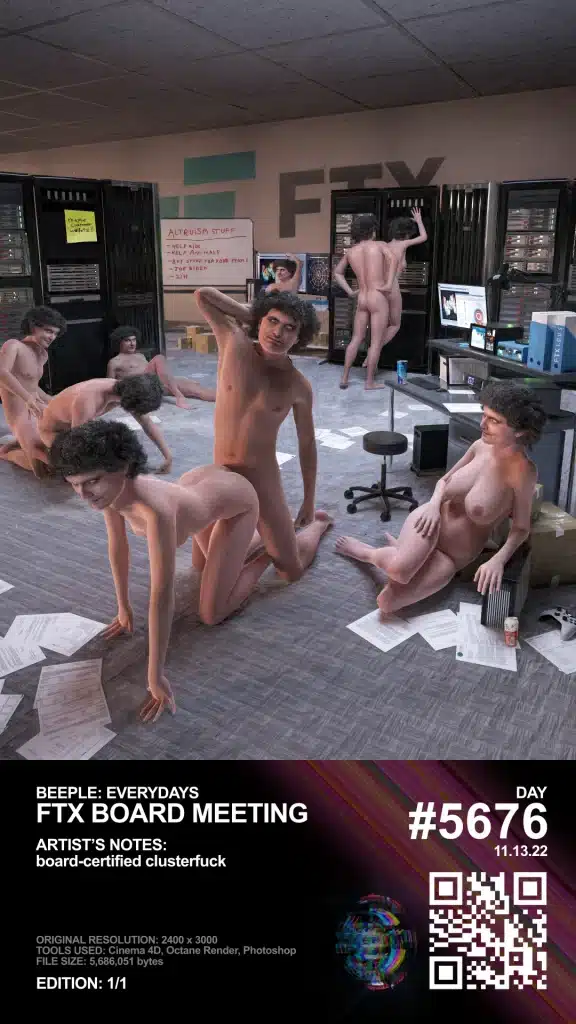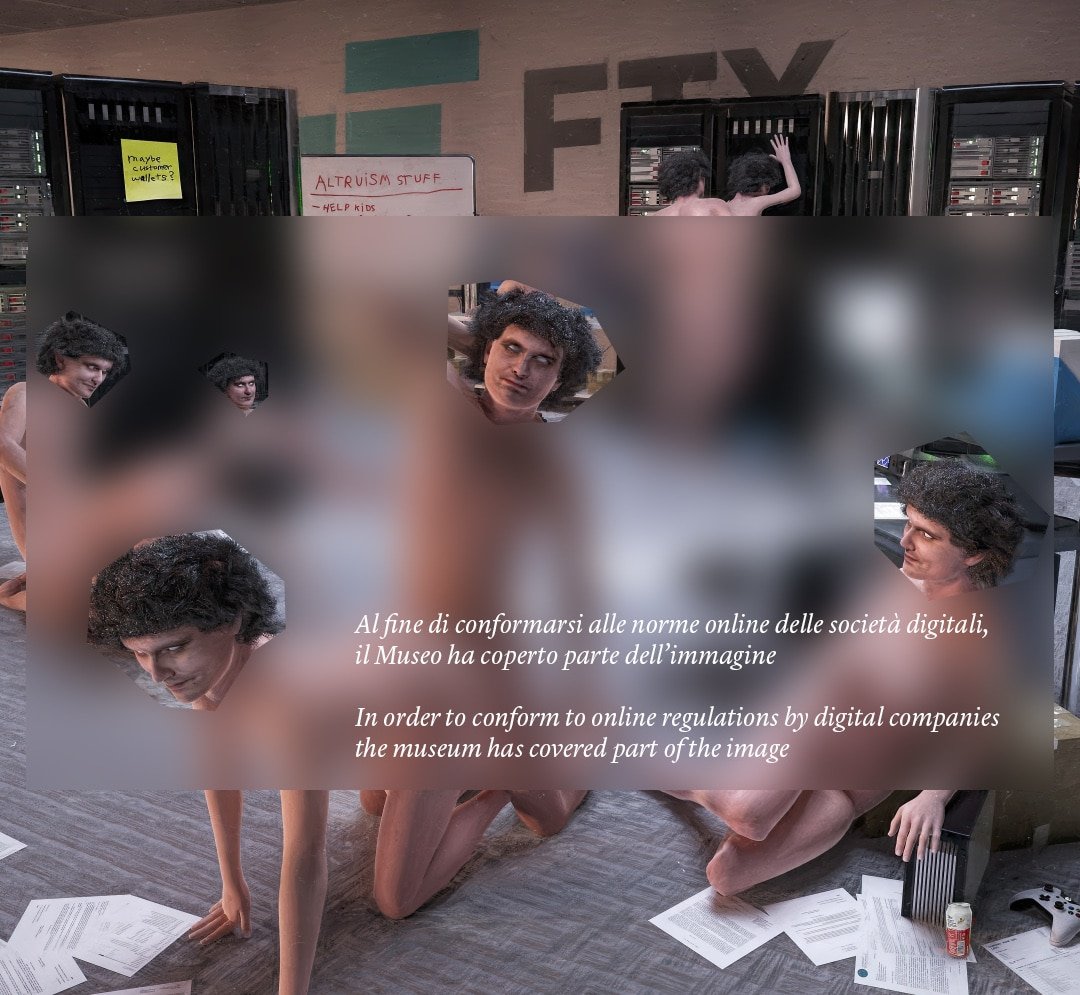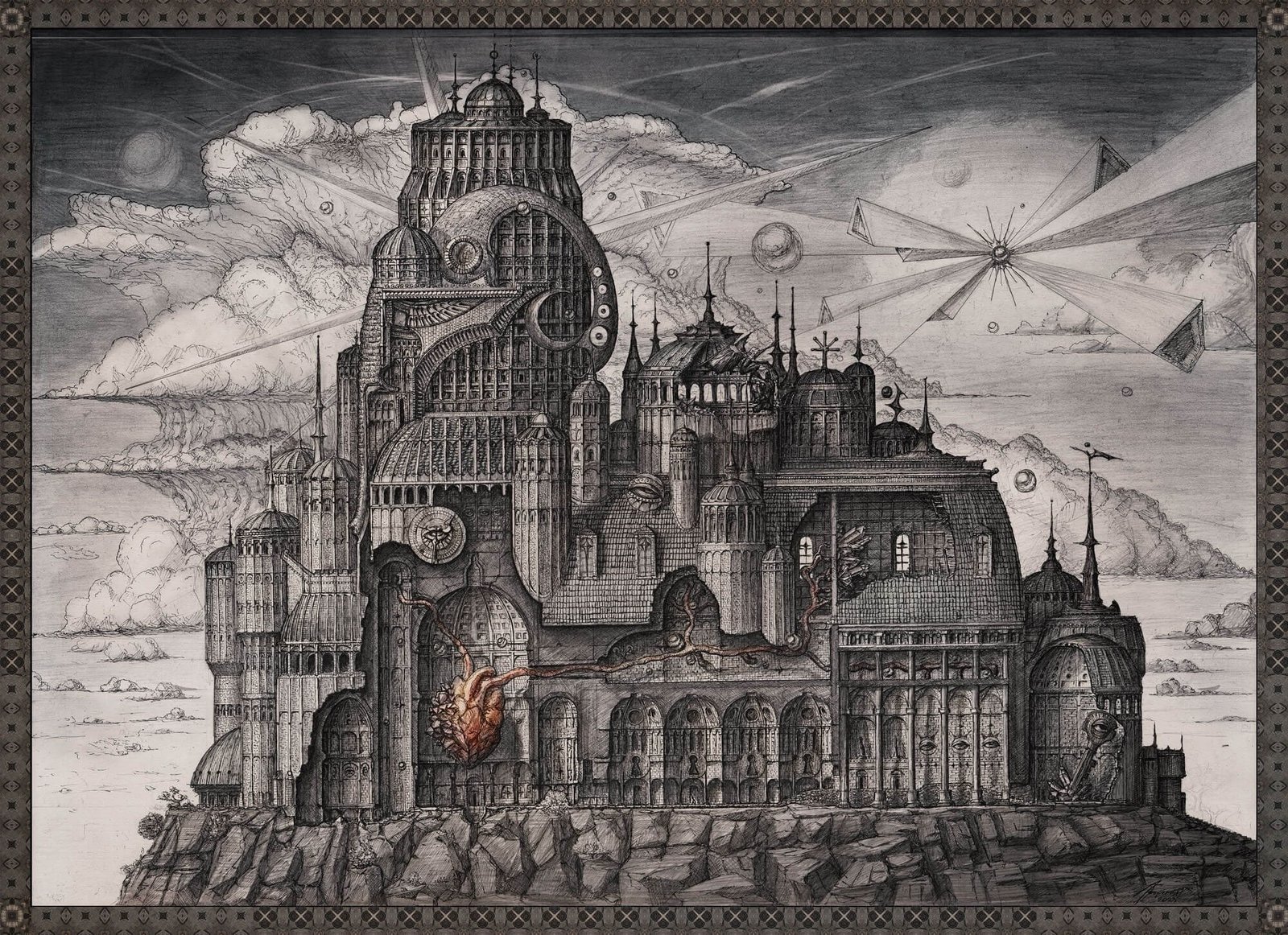Digital artist Beeple has made a surprising donation to the Castello di Rivoli, a contemporary art museum in Turin, Italy. The donated artwork, titled “FTX BOARD MEETING, DAY #5676 11.13.2022 (2023),” consists of a non-fungible token (NFT) and a physical oil painting. However, the controversial nature of the artwork, featuring computer-generated versions of entrepreneur Sam Bankman-Fried engaged in explicit acts, has sparked discussions on artistic expression, censorship, and the role of museums in showcasing controversial content.
The announcement of Beeple’s donation has raised eyebrows within the art world and beyond. The artist, known for his boundary-pushing and thought-provoking digital creations, has once again stirred controversy with this latest artwork. The NFT and the accompanying oil painting depict a scene that challenges societal norms and delves into the realms of satire and provocation.
Castello di Rivoli, recognized for its commitment to contemporary art, made the decision to accept Beeple’s donation, acknowledging the importance of fostering dialogue around challenging artistic expressions. By acquiring both the NFT and the physical painting, the museum has embraced the digital and traditional art forms, demonstrating its openness to exploring the evolving landscape of artistic mediums.
The acquisition of such a controversial artwork prompts discussions about artistic freedom, censorship, and the role of museums as platforms for diverse perspectives. While some argue that museums should display works that challenge societal norms and push boundaries, others question the appropriateness of showcasing explicit content in a public institution.
The controversy surrounding Beeple’s donation highlights the ongoing debate about what constitutes acceptable art and who has the authority to define it. As NFT art gains prominence and blurs the lines between digital and traditional forms, these discussions become even more pertinent.
The decision by Castello di Rivoli to exhibit the donated artwork will undoubtedly generate further dialogue among art enthusiasts, critics, and the general public. The museum’s willingness to engage with controversial content signifies its commitment to presenting a diverse range of artistic expressions and fostering critical conversations.
The donation also underscores the power of NFTs to disrupt traditional art spaces and challenge established norms. Beeple’s artwork pushes the boundaries of digital art and encourages viewers to question societal constructs, provoking thought and dialogue.
While the explicit nature of the artwork may garner attention and spark controversy, it also serves as a reminder of the freedom and diversity inherent in artistic expression. By accepting and showcasing this controversial piece, Castello di Rivoli acknowledges the importance of creating space for unconventional and thought-provoking works.

As the art world continues to grapple with the implications of NFTs and digital art, Beeple’s donation to Castello di Rivoli will undoubtedly contribute to ongoing discussions about artistic boundaries, censorship, and the evolving role of museums. The controversial nature of the artwork challenges viewers to confront their own perceptions and raises questions about the limits of artistic expression in contemporary society.








